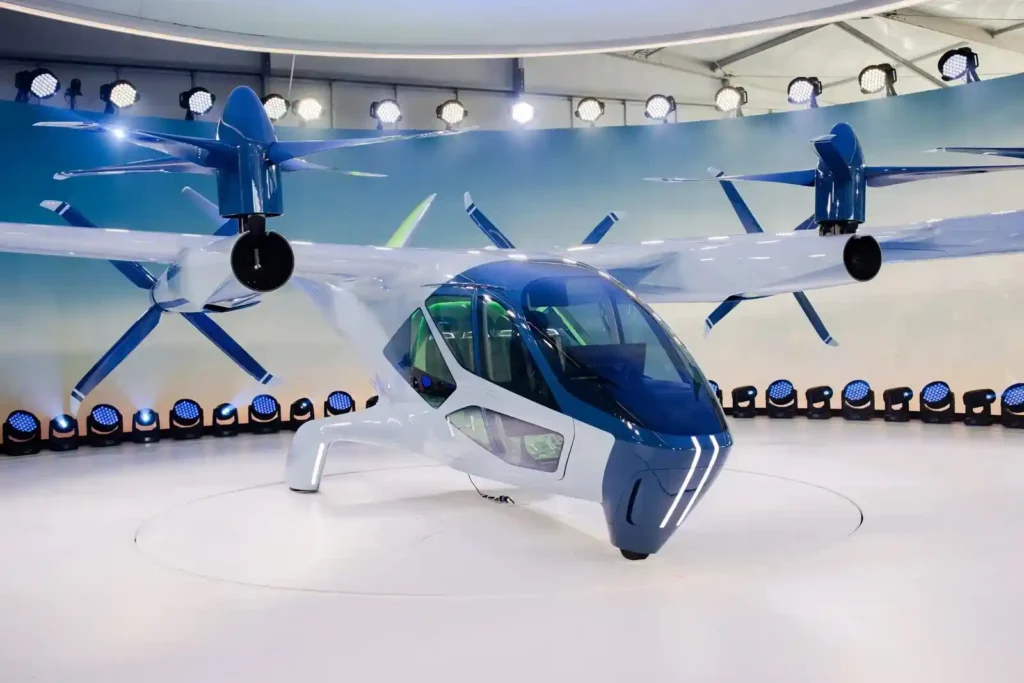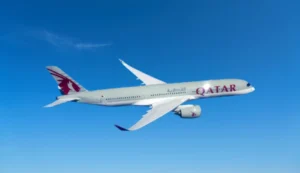Flying Cars Take Flight as Indonesia’s New Capital Nusantara Takes Shape

Photo Source: WIRED Middle East
Indonesia’s ambitious plans for its new capital, Nusantara, are taking shape with the successful test flight of a flying car prototype. The prototype completed a 10-minute test flight on July 30, showcasing its capabilities by performing a figure-eight maneuver at 50 km per hour and reaching an altitude of 50 meters at an airport near Samarinda, approximately 100 kilometers from Nusantara, the country’s future capital currently under construction.
Cheol-ung Kim, an executive overseeing urban air mobility development at Hyundai Motor Group, emphasized Indonesia’s potential as a testing ground for urban air mobility solutions. “Indonesia’s unique geography and rapid urbanization make it an ideal environment for these innovations. We’re committed to working with the Indonesian government and industry to bring this vision to life,” Kim said.
The flying taxis, equipped with distributed electric propulsion and multiple rotors, offer vertical takeoff and landing capabilities, eliminating the need for traditional runways. Designed to be quieter than helicopters, they aim to reduce noise pollution in urban areas. While the technology is still in its early stages, the Indonesian government is optimistic about its potential to revolutionize transportation in the archipelago nation.
Nusantara, situated on the island of Borneo, is envisioned as a smart, sustainable city, and flying taxis are seen as a key component of this vision. Muhammad Ali Berawi, deputy for green and digital transformation at the Nusantara Capital City Authority, celebrated the test flight as a significant milestone, stating, “Nusantara is designed as a living laboratory for innovation, and this successful test flight demonstrates our commitment to cutting-edge technologies like urban air mobility.”
As President Joko Widodo, known as Jokowi, approaches the end of his presidency in October, the relocation of the capital to Nusantara stands as one of his signature initiatives. Critics have raised concerns about the accelerated timeline for developing the new capital, suggesting it may be more focused on cementing Jokowi’s political legacy than on practical urban planning.
Nusantara, projected to be completed by 2045, aims to be a sprawling metropolis housing approximately 1.9 million people across 260,000 hectares. Jokowi has begun spending more time in the new capital, with the 2024 Independence Day ceremony being held in Nusantara, marking a new chapter in Indonesia’s history.
However, the project has not been without controversy. Residents like Alpian from Pemaluan village have voiced concerns over land acquisition issues, with many still waiting for promised compensation. “The land was handed down from my parents to me,” Alpian said, highlighting the impact of the capital project on local communities.






